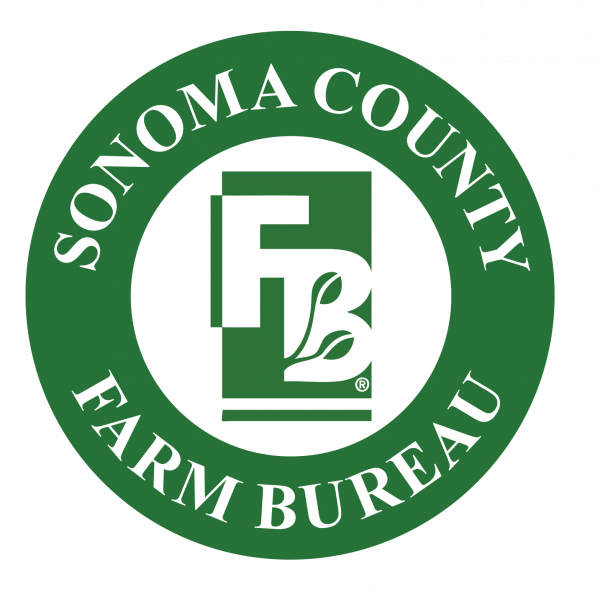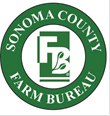
Farm Bureau Opposes County Cannabis Ordinance
October 27, 2025
Oct 27th Letter from the Sonoma County Farm Bureau to the Sonoma County Board of Supervisors on the proposed cannabis program update

SONOMA COUNTY FARM BUREAU
Affiliated with California Farm Bureau and American Farm Bureau Federation
October 27, 2025 E-MAIL
Chairperson Lynda Hopkins
Members of the Board of Supervisors
575 Administration Drive
Room 100A
Santa Rosa, CA 95403
Subject: Opposition to Proposed Comprehensive Cannabis Program and the "Controlled Agriculture" Classification
Dear Chairperson Hopkins and Members of the Board:
We are writing to express our strong disagreement with key provisions in the proposed Comprehensive Cannabis Program, particularly the classification of cannabis as "controlled agriculture" and its inclusion within the Agricultural Element of the General Plan.
In addition to the comments below, we have attached the letter we submitted to the Sonoma County Planning Commission dated March 15, 2021, reasserting our position. We recognize that the current version before you appropriately addressed a few of our prior concerns from the 2021 draft Chapter 38, Sonoma County Commercial Cannabis Cultivation in Agricultural and Resource Areas Ordinance; however, key areas remain concerning and require additional consideration.
The proposed classification of cannabis as "controlled agriculture" is an ambiguous, unprecedented category that lacks a clear regulatory definition. By attempting to define cannabis as an agricultural crop, even with the "controlled" modifier, the proposal forces an uncomfortable and incompatible use into our existing agricultural zones. This ambiguity creates a regulatory gray area that undermines decades of carefully crafted agricultural zoning and sets the stage for inevitable conflicts. The Sonoma County Farm Bureau Board of Directors maintains its concern that regulations outlined in this ordinance will inevitably be forced onto other agricultural crops.
We find the proposed setback of only 100 feet from property lines in rural, non-residential areas to be grossly inadequate. In vast rural landscapes, a 100-foot buffer fails to mitigate the inevitable odor, visual, and security impacts on neighboring properties, including high-value vineyards and residences. This minimal setback does not reflect responsible planning for rural land use.
We also have profound concern regarding the inclusion of commercial cannabis cultivation within the Agricultural Element of the General Plan. This decision carries significant implications that extend far beyond simple zoning and could destabilize the long-term viability of our county's foundational food and wine industries. Commercial Cannabis remains federally classified as a Schedule I controlled substance. While the state of California recognizes cannabis as an agricultural product, it is not recognized as a crop and cannabis cultivation is not offered the same protections as traditional agriculture. Cannabis production is substantially different from traditional agricultural crops.
We urge the Board to reject the current proposal's classification and its inadequate rural setbacks, and to recognize that the unique regulatory, security, odor, and economic profile of commercial cannabis makes it incompatible with the county’s core agricultural identity and stability. At a time when we are focused on strengthening the rights and protections of agriculture within the General Plan, referencing cannabis as “agriculture” in any form is dangerous and counterproductive to the long-term goal of encouraging and incentivizing local food crop production.
In its current form, we advocate for the adoption of Alternative 2: Limiting all commercial cannabis production to designated Commercial and Industrial Zones only. This approach would appropriately site the industry in areas already equipped with necessary infrastructure and buffers, thereby safeguarding the economic vitality and operational integrity of Sonoma County's foundational agricultural sectors. However, we also recognize a landowner’s right to utilize their property; therefore, requiring cannabis growing in hoop houses in rural areas may not be aesthetically preferred, but would mitigate many of the concerns.
Respectfully,


Pat Burns Dayna Ghirardelli
President Executive Director